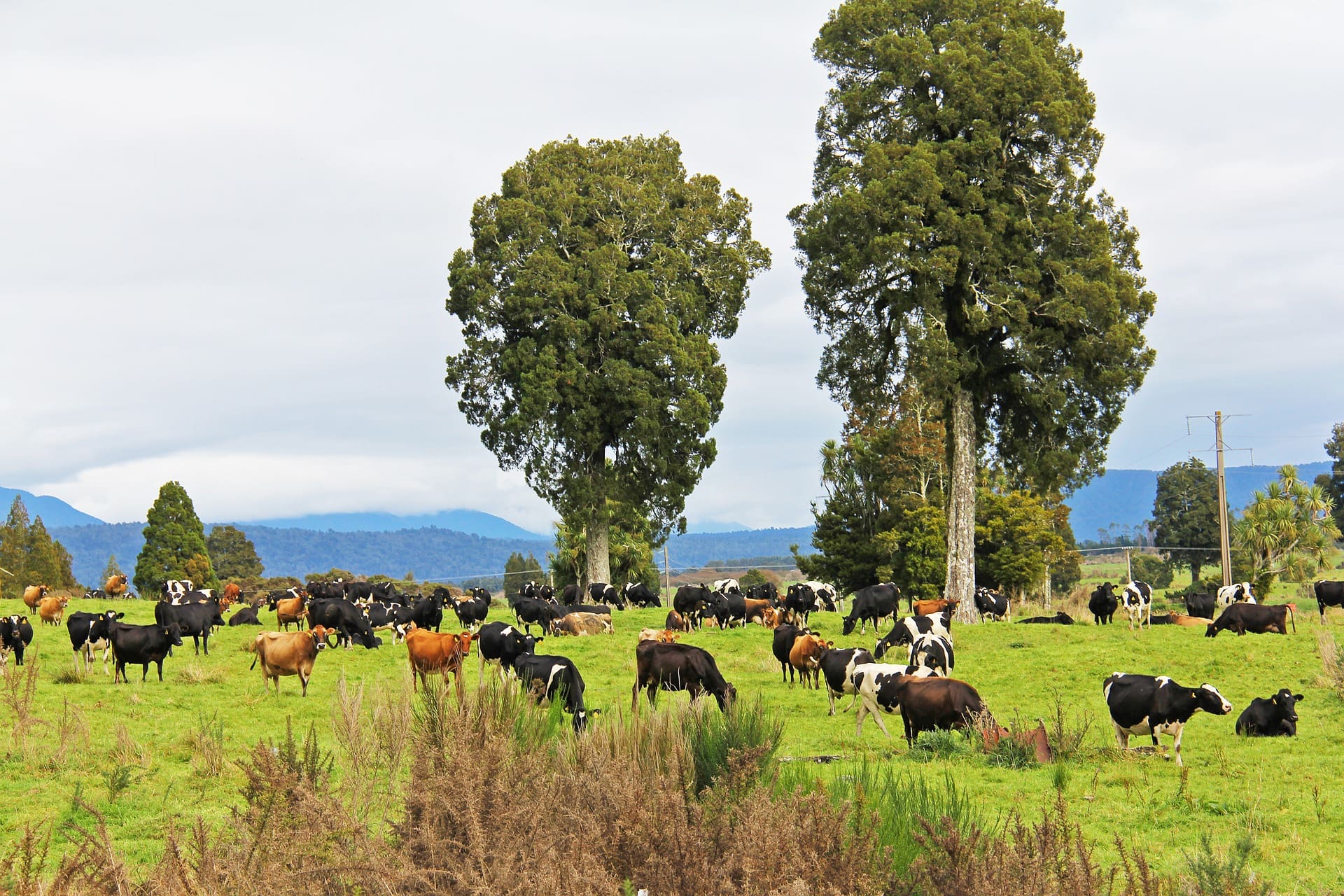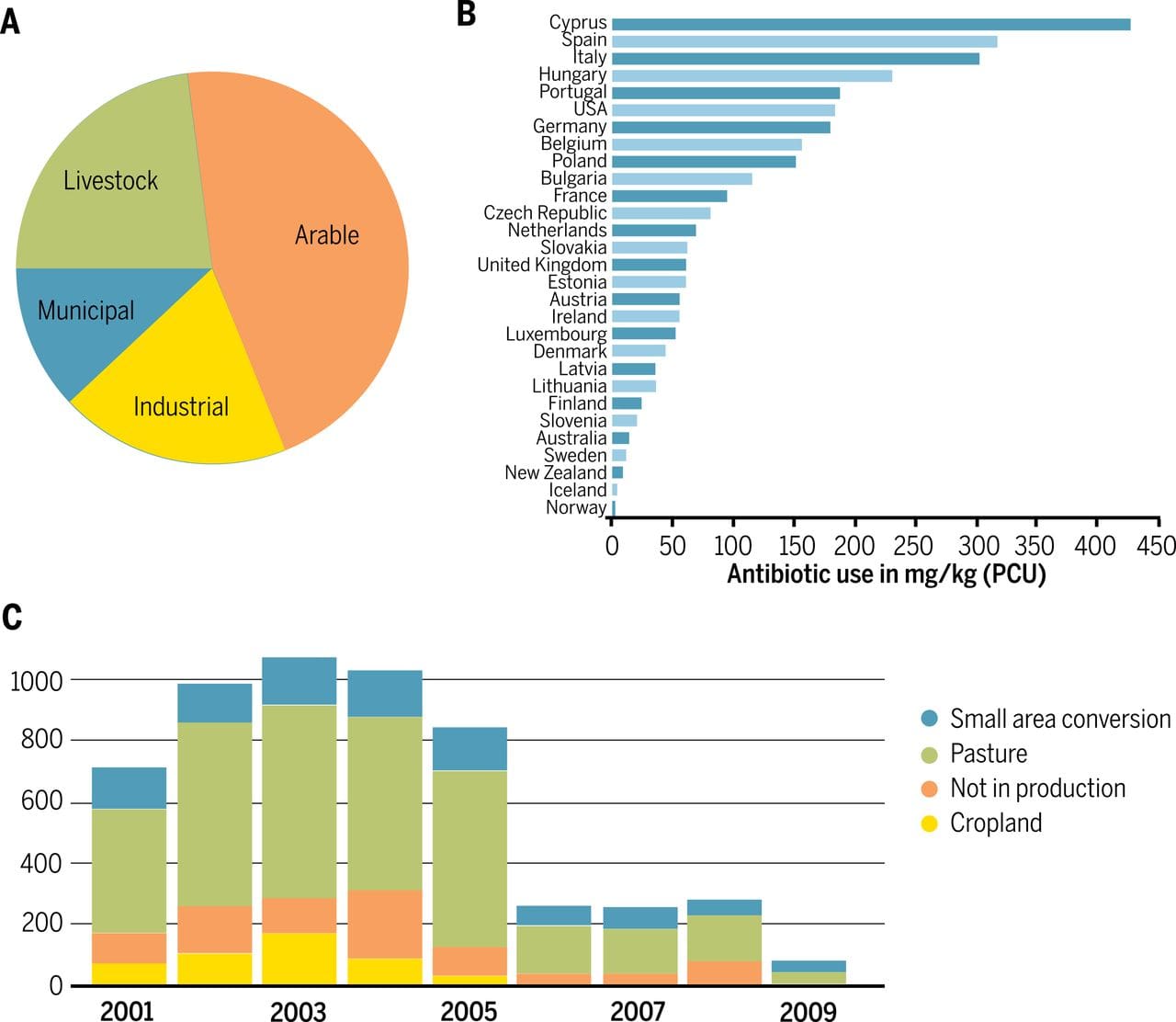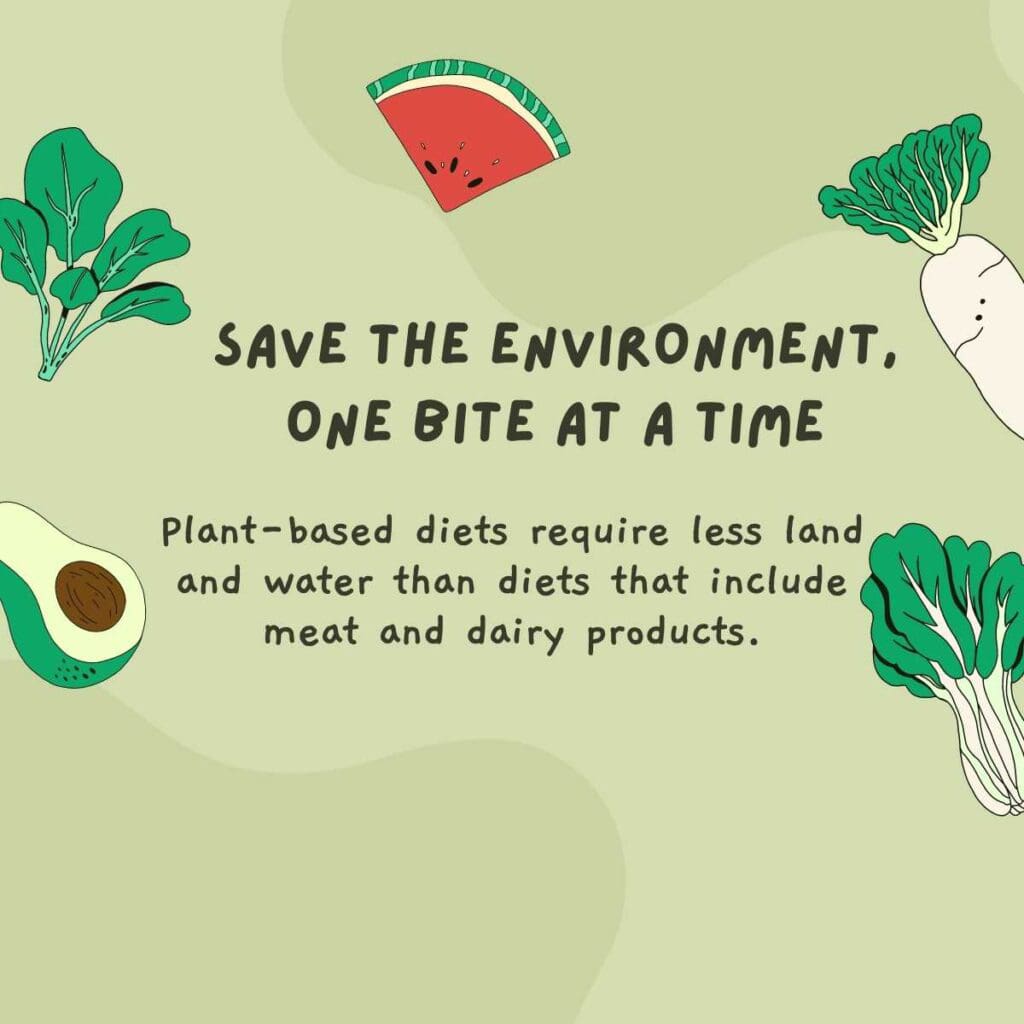The human diet has undergone a significant evolution throughout history, with various cultural and environmental factors influencing what we eat. One of the most significant changes in our diet has been the shift from predominantly plant-based to meat-based consumption. However, recent research has shed light on how our ancestors were able to thrive and survive without consuming meat. This has sparked a growing interest in understanding the evolution of human diets and the role of plant-based foods in our ancestors’ lives. The evidence suggests that our early human ancestors were primarily herbivores, consuming a diet rich in fruits, vegetables, nuts, and seeds. It was only with the emergence of hunting and gathering societies that the consumption of meat became more prevalent. In this article, we will explore the evolution of human diets and delve into the evidence supporting the idea that our ancestors were able to thrive without eating meat. We will also examine the potential health benefits of a plant-based diet and its relevance in today’s world, where the consumption of meat is ubiquitous.
Prehistoric humans ate plant-based diets.

The dietary habits of our prehistoric ancestors provide fascinating insights into the evolution of human diets. Extensive research and archaeological evidence suggest that plant-based diets were the predominant source of sustenance for prehistoric humans. The abundance of plant-based resources, including fruits, vegetables, nuts, seeds, and legumes, offered a reliable and accessible food source for our ancestors. Guided by necessity and environmental factors, early humans adapted to their surroundings and thrived on the diverse array of plant-based foods available to them. This plant-based dietary pattern not only provided essential nutrients and energy but also played a crucial role in the evolution and development of our species.
Plant-based diets provide essential nutrients.
Plant-based diets continue to be recognized as a reliable and effective way to obtain essential nutrients for optimal health. By focusing on a variety of plant-based foods such as fruits, vegetables, whole grains, legumes, and nuts, individuals can ensure an ample intake of vitamins, minerals, and dietary fiber. These nutrients are vital for supporting immune function, reducing the risk of chronic diseases, and maintaining overall well-being. Plant-based diets also tend to be naturally lower in saturated fats and cholesterol, which can contribute to improved heart health. Additionally, plant-based sources of protein, such as tofu, tempeh, lentils, and quinoa, provide all the amino acids required for building and repairing tissues. With careful planning and attention to nutrient intake, plant-based diets can offer a well-rounded and nourishing approach to meeting our dietary needs.
Our ancestors adapted to plant-based diets.

Throughout the course of human evolution, our ancestors developed a remarkable ability to adapt to various environments and food sources. One significant adaptation was the incorporation of plant-based diets into their sustenance. As hunter-gatherers, early humans thrived on a diverse array of fruits, vegetables, seeds, and nuts that were readily available in their surroundings. These plant-based foods provided a rich source of essential nutrients, including vitamins, minerals, and antioxidants, which supported their overall health and well-being. Moreover, the consumption of plant-based diets ensured an adequate intake of dietary fiber, promoting healthy digestion and aiding in weight management. By adapting to plant-based diets, our ancestors achieved a harmonious balance between their nutritional needs and the resources offered by nature, exemplifying the resilience and adaptability of the human species.
Meat was a scarce resource.
Meat, on the other hand, was a scarce resource for our ancestors. Unlike today’s abundance of meat options, early humans had limited access to animal protein due to the challenges involved in hunting and capturing animals. The pursuit of meat required significant physical exertion and specialized tools, making successful hunts infrequent occurrences. Consequently, our ancestors relied predominantly on plant-based foods to meet their nutritional needs. This scarcity of meat led to the development of innovative hunting strategies and the utilization of alternative food sources, further highlighting the resourcefulness and adaptability of early humans in maximizing their sustenance without relying heavily on meat consumption.
Agriculture introduced more meat consumption.

With the advent of agriculture, the dynamics of human diets began to shift, including an increase in meat consumption. As societies transitioned from nomadic hunter-gatherer lifestyles to settled agricultural communities, the domestication of animals offered a consistent and readily available source of meat. The practice of animal husbandry provided a stable supply of livestock that could be raised for their meat, milk, and other valuable resources. This shift in food production allowed for greater control over meat availability and contributed to the rise in meat consumption among early agricultural societies. Moreover, the cultivation of crops for animal feed further facilitated the expansion of meat production, enabling larger populations to sustain a meat-centric diet. This transition marked an important milestone in human dietary patterns, shaping the way we perceive and incorporate meat into our meals.
Industrialization led to excessive meat consumption.
Industrialization brought about significant changes in the way food was produced, leading to a surge in meat consumption. As urbanization and technological advancements took hold, traditional agricultural practices gave way to more efficient and intensive methods of meat production. The development of factory farming and mass production techniques allowed for the rapid growth of the meat industry, resulting in a staggering increase in the availability and affordability of meat products. This, coupled with the rise of consumerism and the changing societal attitudes towards meat as a symbol of prosperity and status, contributed to a culture of excessive meat consumption. The convenience and abundance of meat in modern industrialized societies have led to a shift in dietary preferences, with meat often taking center stage in meals and diets. However, it is important to critically examine the environmental, ethical, and health implications of this excessive meat consumption and consider alternative dietary choices that promote sustainability and well-being.
Overconsumption of meat can harm health.

Overconsumption of meat can have detrimental effects on human health. While meat can be a valuable source of essential nutrients such as protein and certain vitamins, excessive intake can contribute to various health issues. High consumption of red and processed meats has been linked to an increased risk of developing chronic conditions such as cardiovascular disease, type 2 diabetes, and certain types of cancer. The saturated fat and cholesterol found in meat, especially when consumed in large quantities, can contribute to elevated blood cholesterol levels and the development of atherosclerosis. Additionally, processed meats often contain additives and preservatives that may have negative health implications. A balanced and varied diet that includes appropriate portions of meat, along with a wide range of plant-based foods, can help promote optimal health and reduce the risks associated with overconsumption of meat. It is crucial for individuals to be mindful of their meat consumption and make informed choices regarding their dietary habits in order to maintain a healthy lifestyle.
Plant-based diets can prevent diseases.
Plant-based diets have gained significant attention for their potential to prevent diseases. Research suggests that individuals who follow a predominantly plant-based diet, rich in fruits, vegetables, whole grains, legumes, and nuts, may experience a reduced risk of developing chronic illnesses. These diets are typically low in saturated fat and cholesterol, while being abundant in fiber, antioxidants, and phytochemicals. These plant-based components have been linked to numerous health benefits, including lower blood pressure, improved blood sugar control, reduced inflammation, and enhanced cardiovascular health. Furthermore, plant-based diets have shown potential in reducing the risk of obesity, certain types of cancer, and age-related macular degeneration. Incorporating more plant-based foods into our diets can be a proactive step towards preventing diseases and promoting overall well-being.
Plant-based diets are environmentally friendly.
Plant-based diets not only have significant health benefits but also contribute to a more sustainable and environmentally friendly lifestyle. By reducing reliance on animal agriculture, which is a major contributor to greenhouse gas emissions, deforestation, and water pollution, plant-based diets help mitigate the environmental impact of food production. Livestock farming requires vast amounts of resources, including land, water, and feed, leading to increased deforestation and habitat destruction. In contrast, plant-based diets require fewer resources and have a lower carbon footprint. Furthermore, by opting for plant-based protein sources such as legumes, tofu, or tempeh, individuals can reduce their water consumption and contribute to water conservation efforts. Making a shift towards plant-based diets not only benefits our health but also plays a crucial role in preserving and protecting our planet for future generations.

Our ancestors thrived without meat.
Our understanding of human dietary history reveals that our ancestors thrived without relying heavily on meat as a primary food source. Studies of early human diets suggest that our ancestors consumed a diverse range of plant foods, including fruits, vegetables, nuts, seeds, and grains. These plant-based diets provided them with essential nutrients, vitamins, and minerals necessary for their survival and well-being. Archaeological evidence shows that hunting and consuming meat was not a daily or exclusive practice for early humans but rather a sporadic and opportunistic occurrence. Our ancestors adapted to their environments by successfully utilizing the abundant plant resources available to them, showcasing the resilience and adaptability of the human species. By recognizing the success of our ancestors’ plant-based diets, we can draw inspiration and reassess the importance of incorporating more plant-based foods into our own modern diets for optimal health and sustainability.
In conclusion, the evolution of human diets is a fascinating topic that continues to be studied and debated by scientists and researchers. While our ancestors may have primarily survived on meat-based diets, the evidence shows that they also consumed a variety of plant-based foods. With advancements in modern agriculture and the availability of a diverse range of plant-based options, it is now possible for individuals to thrive on a vegetarian or vegan diet. Ultimately, the key to a healthy diet lies in balance and variety, drawing from the diverse range of foods that our ancestors thrived on.
FAQ
How did our early human ancestors survive and thrive without consuming meat in their diets?
Our early human ancestors were able to survive and thrive without consuming meat in their diets by relying on a combination of plant-based foods, foraging, and hunting small animals. They adapted to their environments by consuming a variety of fruits, vegetables, nuts, seeds, and roots, which provided them with essential nutrients and energy. Additionally, they developed tools and techniques to hunt and gather small animals, such as insects, fish, and rodents. This allowed them to obtain necessary proteins and fats from animal sources in smaller quantities, while primarily relying on plant-based foods for sustenance. Overall, their diverse and adaptable diet enabled them to survive and thrive without solely relying on meat consumption.
What were some key factors that led to the shift from a primarily plant-based diet to including more meat in human diets?
There were several key factors that led to the shift from a primarily plant-based diet to including more meat in human diets. One major factor was the development of agriculture, which allowed for more efficient food production and the domestication of animals for meat consumption. Additionally, the discovery and spread of fire made it possible to cook and consume meat, which provided a dense source of nutrients and energy. Cultural and technological advancements, such as the rise of hunting and gathering societies, the development of tools and weapons, and the expansion of trade routes, further facilitated the inclusion of meat in human diets.
How did the evolution of our digestive system and teeth contribute to the changes in our diet over time?
The evolution of our digestive system and teeth played a crucial role in shaping changes in our diet over time. Our ancestors had a primarily plant-based diet, with simple digestive systems and teeth suited for grinding and chewing. As our ancestors began to consume more meat, our digestive systems adapted to process proteins and fats more efficiently. The development of more complex teeth, such as molars and canines, allowed for better mastication of tougher foods. These adaptations enabled our species to diversify our diet, incorporating a wider range of foods and nutrients. Thus, the evolution of our digestive system and teeth facilitated the transition from a primarily plant-based diet to a more varied one.
What evidence exists to support the idea that early humans were successful hunters and gatherers, even without relying heavily on meat consumption?
There is evidence to suggest that early humans were successful hunters and gatherers, even without relying heavily on meat consumption. Archaeological findings show that early humans had a varied diet, including a wide range of plant foods. They developed tools for hunting and fishing, such as spears and fish hooks. Additionally, evidence from the remains of early humans, such as dental analysis, suggests that they had the ability to process and digest plant foods efficiently. This suggests that early humans were able to sustain themselves through a combination of hunting and gathering, with plant foods playing a significant role in their diet.
Are there any health benefits associated with adopting a diet similar to our early human ancestors, with minimal or no meat consumption?
Yes, there are several health benefits associated with adopting a diet similar to our early human ancestors with minimal or no meat consumption. Research suggests that such a diet, commonly referred to as a “paleo” or “plant-based” diet, can lower the risk of chronic diseases like heart disease, obesity, and type 2 diabetes. It can also improve gut health, increase nutrient intake, and promote weight loss. Additionally, a plant-based diet is typically higher in fiber and antioxidants, which can boost immune function and reduce inflammation in the body. However, it is important to ensure proper nutrient balance and variety in the diet to meet all nutritional needs.















































